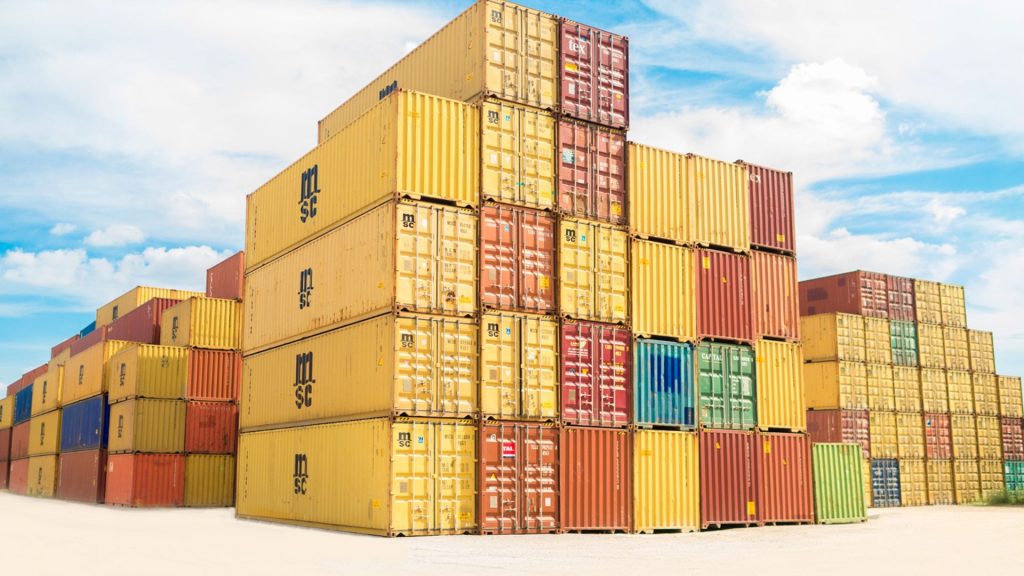Trade-based money laundering (TBML) is a method used by criminals to hide the proceeds of illegal activity, such as drug trafficking, terrorism financing, or fraud, by using legitimate international trade transactions. TBML is a complex and sophisticated process that involves manipulating trade transactions in order to move money across borders undetected.
TBML can take many forms, including over- and under-invoicing of goods, multiple invoicing of the same goods, false descriptions of goods, and misrepresentation of the country of origin or destination of the goods. Criminals can also use trade-based money laundering to avoid taxes and duties, as well as to disguise the source of their wealth.
Trade-Based Money Laundering
Trade exploitation presents opportunities for terrorist financiers to frustrate identification and intervention by authorities and financial institutions. It can also support other illicit financial flows, including capital flight, sanctions evasion, customs violations, and tax evasion.
TBML is “the process of disguising the proceeds of crime and moving value through the use of trade transactions in an attempt to legitimize their illegal origin or finance their activities.”
The primary aim of TBML activities is the deliberate movement of illicit proceeds through the exploitation of trade transactions. In doing so, criminals may engage in other potentially unlawful activities, including preparing false invoices, mischaracterizing goods to circumvent controls, and other customs and tax violations.
The aim of TBML, unlike trade-related predicate offenses, is not the movement of goods, but rather the movement of money, which the trade transactions facilitate.
Another key distinction of TBML activities is the involvement of criminals perpetrating trade-related predicate offenses to diversify the risk exposure. These criminals take receipt of the proceeds on behalf of other criminals and transfer proceeds, including via TBML services.
Trade-based terrorist financing, or TBTF, uses the same trade processes as TBML but has a significant and fundamental difference. The proceeds or value moved can come from legitimate and illegitimate sources, increasing the complexity of detecting and disrupting TBTF. As such, the report defines TBTF as “disguising the movement of value through the use of trade transactions in an attempt to finance terrorism, whether from legitimate or illegitimate sources.” At the same time, the report notes the additional layers of complexity in detecting TBTF. It identifies some aspects of TBTF that may help authorities to strengthen their understanding of TBTF activities.
Services-based money laundering, or SBML, is not TBML. SBML is recognized as an increased risk, including through open-source reporting. However, the fundamental difference between the two is that SBML schemes rely on exploiting the trade in services or other intangibles to disguise and justify the movement of illicit proceeds.
The following services and sectors were identified as vulnerable to SBML:
Gambling, particularly online gambling service providers
Software providers, including gaming and business software, such as electronic point-of-sale services
Financial services, including virtual asset wealth management
Consultancy and advisory services
Trademarks and similar intangible items such as intellectual property rights
Final Thoughts
TBML is a serious problem that affects global trade and financial systems. It is estimated that TBML accounts for a significant portion of illicit financial flows worldwide. Governments and international organizations have developed various initiatives and tools to combat TBML, including stricter regulations, improved information-sharing among authorities, and the use of technology to detect suspicious trade transactions.



